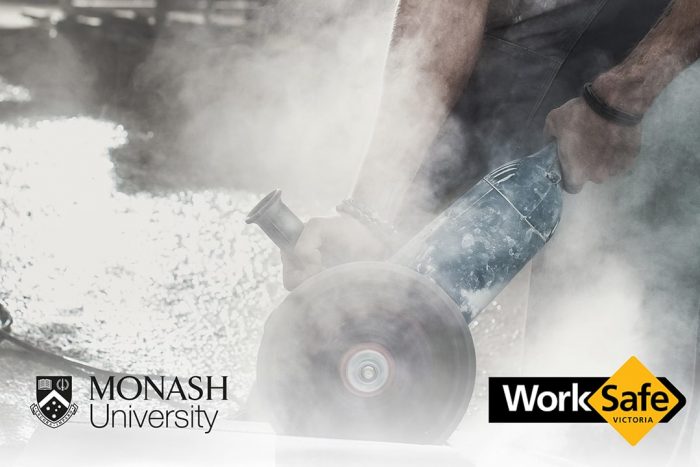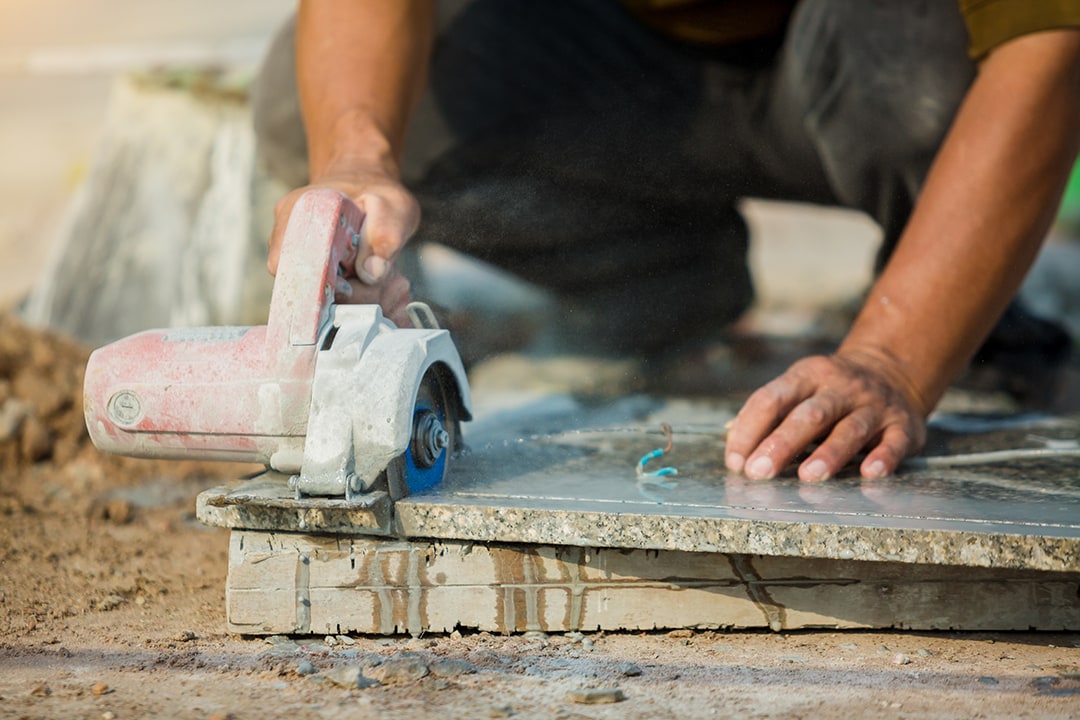Leading respiratory protection designer and manufacturer CleanSpace Technology is urging the industrial sector to improve workplace silicosis protection. CleanSpace wants to see the industrial sector double down on safeguarding their workers from silica dust.
Dangerous silica dust can be formed on site from concrete cutting, grinding or polishing and using power tools on stone. Breathing the silica dust can result in irreversible, untreatable diseases, including silicosis and lung cancer.
A report released last year from Monash University in conjunction with WorkSafe Victoria, found one in three stonemasons screened had an identified case of silicosis.[1] Damning proof that the current level of silicosis protection is insufficient.
Whilst state regulators have made recommendations to address exposure to respirable crystalline silica in the workplace, the report findings highlighted the scale of the issue and reinforced the importance of employers proactively addressing employees’ health.
“This is a wake-up call not just to stonemasons but to anyone working with crystalline silica. Regardless of whether you see the dust or not, silica is a hazard you simply can’t afford to ignore,” said CleanSpace CEO Dr Alex Birrell.
“I implore all employers to review their current respiratory protection program to ensure the exposure to silica dust is minimised, and check employee training includes silica-specific information,” said Dr Birrell.
Since the release of the report, CleanSpace Technology has increase its efforts and commitment to educate the industrial sector on the occupational hazards of silica dust and is urging all employers and sub-contractors to review their current respiratory protection program. We have crafted more campaigns and increased investment toward raising awareness for the importance of Silicosis Protection.
“As Australia’s only respirator company, we are committed to supporting all those on the frontline in industry and healthcare stay protected from airborne contaminants.” said Dr Birrell.

[1] 29 per cent (2020) Monash University, WorkSafe Victoria. Silica-associated lung disease health screening research: Phase one final report.


Share